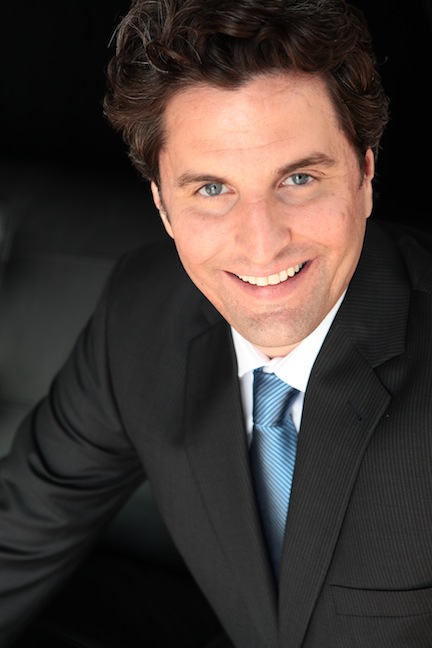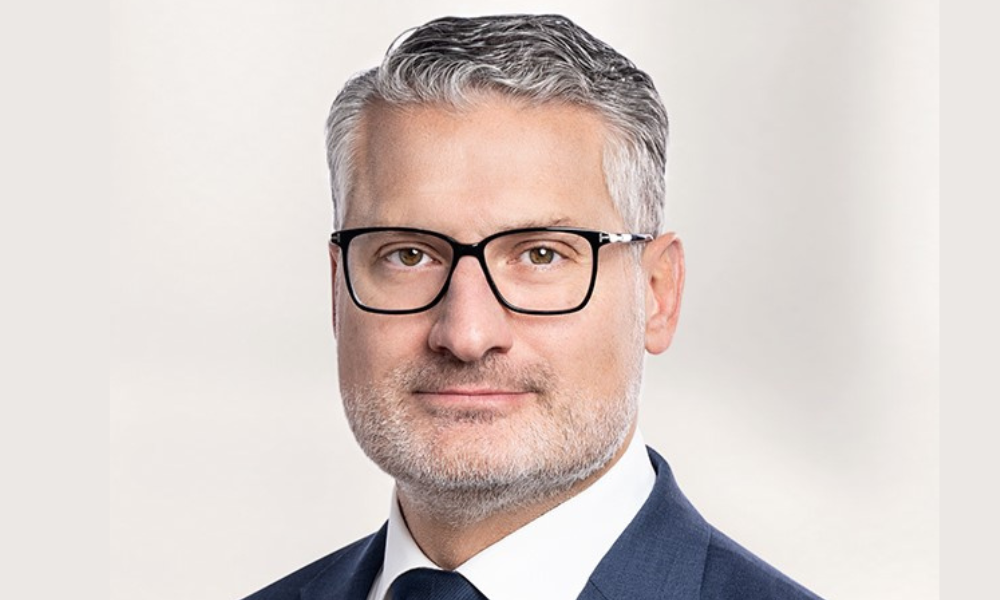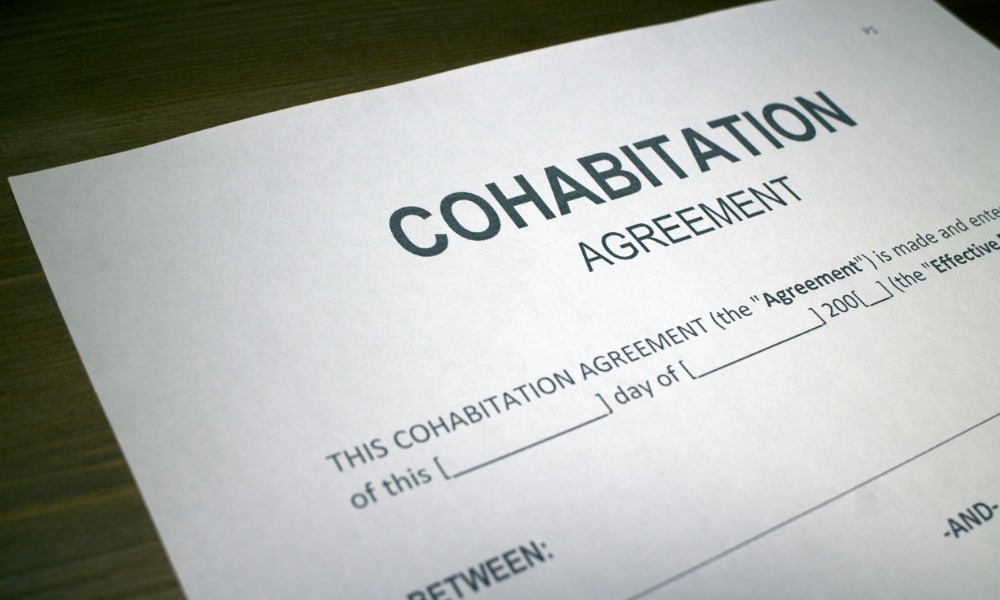The Trial Lawyers Association of British Columbia today issued another challenge in its ongoing battle against court fees in the province that, according to the association, discriminate against people with modest means and render the province’s justice system a reserve of corporations and the wealthy.
 In October, the association won a major victory at the Supreme Court of Canada, which struck down the province’s court hearing fees because they blocked access to justice and discriminated against the poor. This time the trial lawyers are going after jury fees, which are intended to discourage expensive jury trials in the civil courts.
In October, the association won a major victory at the Supreme Court of Canada, which struck down the province’s court hearing fees because they blocked access to justice and discriminated against the poor. This time the trial lawyers are going after jury fees, which are intended to discourage expensive jury trials in the civil courts.
In a statement, the association says it has filed a legal action against the province led by Darrell Roberts at Miller Thomson LLP, who also counseled the trial lawyers’ association in its victory on court hearing fees.
"The civil justice system must be available for everybody, not just corporations and the wealthy," Roberts said in the statement.
British Columbia is one of only a few provinces in Canada to charge jury fees, and its fees are the highest. Litigants are required to pay a deposit of $1,500 (two-thirds of which is non-refundable) 45 days before trial. From the second to 10th day at trial, a deposit of $800 per day is required. From the 11th to 39th day, $900 a day is required, and then $1,200 after that.
The case will hear arguments similar or identical to those presented in the SCC ruling against court hearing fees, and counsel for TLACB will no doubt rely heavily on the prior judgment.
“There's a clear decision from the Supreme Court of Canada that fees of this nature that inhibit access to justice are unconstitutional,” says Richard Parsons, a partner at Collette Parsons Harris and president of the TLACB. “So we think we're on pretty strong ground.”
Parsons says the province’s attempts to discourage litigants from pursuing jury trials — or at least to recoup some of their costs — fails to recognize the fundamental right of citizens to have their disputes heard by juries.
“The reason that civil juries have been in place for thousands of years — going back to Greek times — is that it allows people who aren't confident in the bench to have their day in court and have their matter resolved by their peers,” he says. “The justice system isn't a business. It's one of the three branches of government, and it has to be accessible to people.”
Aside from court hearing fees and jury fees, British Columbia is also the only province to charge provincial sales tax on legal fees — another sore spot that Parsons says may be ripe for a legal challenge in the wake of the SCC decision.
“These types of fees and taxes in British Columbia indicate to us that our government doesn't treat the legal system as an essential service that every citizen in British Columbia should have the right to access. … Access to justice is not a commodity; it's a right, and the government has to recognize that and fund it.”
 In October, the association won a major victory at the Supreme Court of Canada, which struck down the province’s court hearing fees because they blocked access to justice and discriminated against the poor. This time the trial lawyers are going after jury fees, which are intended to discourage expensive jury trials in the civil courts.
In October, the association won a major victory at the Supreme Court of Canada, which struck down the province’s court hearing fees because they blocked access to justice and discriminated against the poor. This time the trial lawyers are going after jury fees, which are intended to discourage expensive jury trials in the civil courts.In a statement, the association says it has filed a legal action against the province led by Darrell Roberts at Miller Thomson LLP, who also counseled the trial lawyers’ association in its victory on court hearing fees.
"The civil justice system must be available for everybody, not just corporations and the wealthy," Roberts said in the statement.
British Columbia is one of only a few provinces in Canada to charge jury fees, and its fees are the highest. Litigants are required to pay a deposit of $1,500 (two-thirds of which is non-refundable) 45 days before trial. From the second to 10th day at trial, a deposit of $800 per day is required. From the 11th to 39th day, $900 a day is required, and then $1,200 after that.
The case will hear arguments similar or identical to those presented in the SCC ruling against court hearing fees, and counsel for TLACB will no doubt rely heavily on the prior judgment.
“There's a clear decision from the Supreme Court of Canada that fees of this nature that inhibit access to justice are unconstitutional,” says Richard Parsons, a partner at Collette Parsons Harris and president of the TLACB. “So we think we're on pretty strong ground.”
Parsons says the province’s attempts to discourage litigants from pursuing jury trials — or at least to recoup some of their costs — fails to recognize the fundamental right of citizens to have their disputes heard by juries.
“The reason that civil juries have been in place for thousands of years — going back to Greek times — is that it allows people who aren't confident in the bench to have their day in court and have their matter resolved by their peers,” he says. “The justice system isn't a business. It's one of the three branches of government, and it has to be accessible to people.”
Aside from court hearing fees and jury fees, British Columbia is also the only province to charge provincial sales tax on legal fees — another sore spot that Parsons says may be ripe for a legal challenge in the wake of the SCC decision.
“These types of fees and taxes in British Columbia indicate to us that our government doesn't treat the legal system as an essential service that every citizen in British Columbia should have the right to access. … Access to justice is not a commodity; it's a right, and the government has to recognize that and fund it.”







